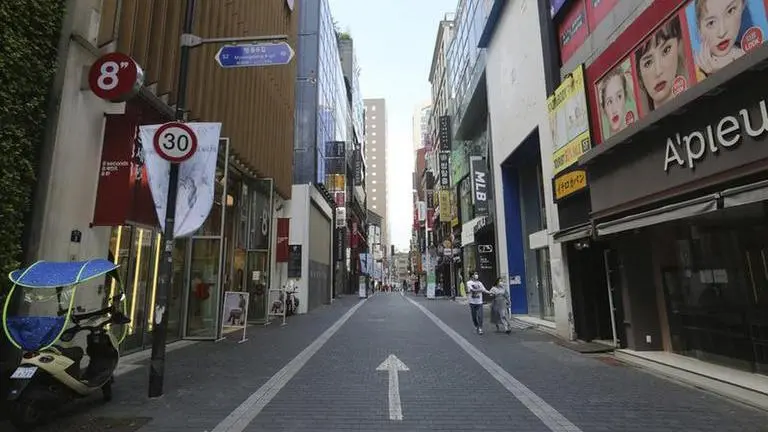Updated 23 August 2020 at 22:35 IST
10th day of triple-digit new virus cases in South Korea
South Korea added almost 400 new cases to its coronavirus caseload on Sunday in a 10th day of triple-digit increases, as the speed of viral spread nears the levels last seen during the worst of the outbreak in spring.
- World News
- 2 min read

South Korea added almost 400 new cases to its coronavirus caseload on Sunday in a 10th day of triple-digit increases, as the speed of viral spread nears the levels last seen during the worst of the outbreak in spring.
The resurgence, which began in the densely populated capital area before spreading to practically every major city and provincial town over the past week, is a major setback for the country that had been eager to tout its hard-won gains against the virus.
South Korea's Centres for Disease Control and Prevention Director Jeong Eun-kyeong said things would probably get worse before they get better.
"We do not see this as the peak. We think that the number could grow further," Jeong said during the virus briefing on Sunday.
Advertisement
"We are in a grave situation where we are facing the crisis of mass virus spread across the country."
After avoiding stringent social distancing measures because of concerns over hurting the economy, officials have now banned large gatherings, closed nightspots, beaches and churches and removed fans from professional sports.
Advertisement
Sunday's jump in infections marked the third consecutive day that they have crossed the 300 threshold.
Most of the new cases come from the Seoul area, home to half of the country's 51 million population where health workers have struggled to trace contacts tied to places likes churches, schools, restaurants and work.
Cases were also reported in other major cities such as Busan, Gwangju, Daejeon and Daegu, the epicenter of the previous major outbreak in late February and March.
The country managed to stabilise the situation in the Daegu area by April through aggressive testing and contact tracing.
That approach worked because much of the infections had been tied to a single church congregation with thousands of members.
But it's unclear if the formula would be as effective now, with the virus spreading nationwide and new clusters popping up from unpredictable places and groups as people increasingly venture out in public.
Published By : Associated Press Television News
Published On: 23 August 2020 at 22:35 IST
